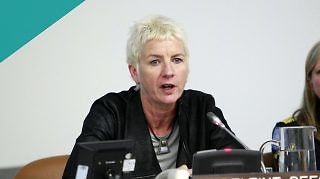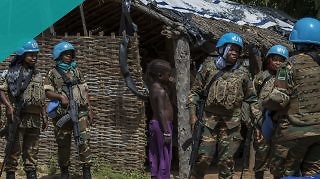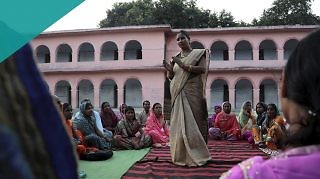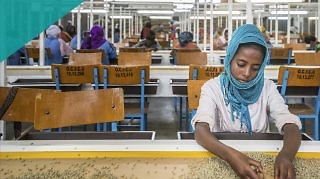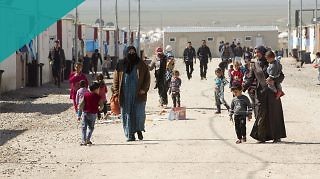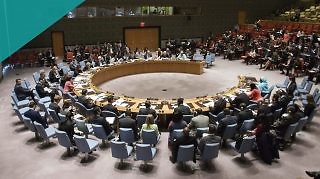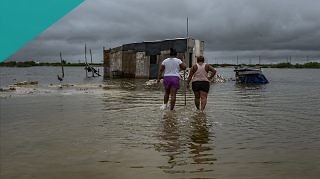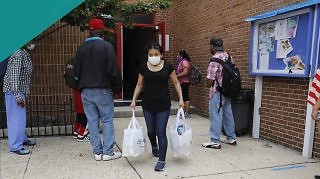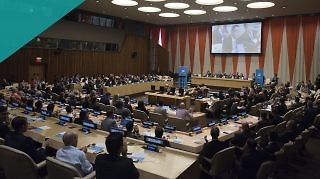Madeleine Rees, secretary-general of the Women’s International League for Peace and Freedom, discusses the state of the WPS agenda and lessons for the COVID-19 pandemic.
Tag: Women‚ Peace and Security at 20
-
-
Understanding the historical use of female engagement teams in peacekeeping will be critical as the UN standardizes its approach to and justification for using engagement platoons.
-
Local Action Plans have the potential to ignite lasting, creative, and meaningful change at the community-level.
-
Taking victimhood seriously requires moving away from a view of it as always synonymous with vulnerability or lack of agency, or as entirely reduced to the experience of victimization.
-
Dr. Haastrup discusses how feminism, generosity, and inclusion can strengthen the implementation of WPS.
-
WPS practitioners and policymakers have real concerns about the ways in which P/CVE policies could harm women.
-
While it is true that women make up of the majority of conflict-related sexual violence (CRSV) victims, the widely accepted definition is narrow and often excludes other types of gender-based violence.
-
There has been an increase in UN agency discourse on gender, conflict, and climate. However, these concepts are still treated as discreet phenomenon in practice.
-
Less discussed in WPS is the connection between the economic empowerment of women and security.
-
Twenty years after UN Security Council resolution 1325, it is time for a truly inclusive WPS agenda.
